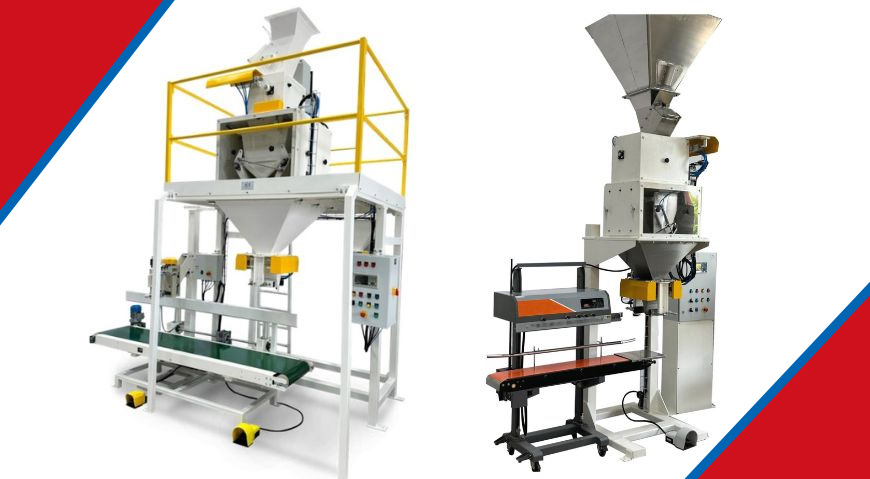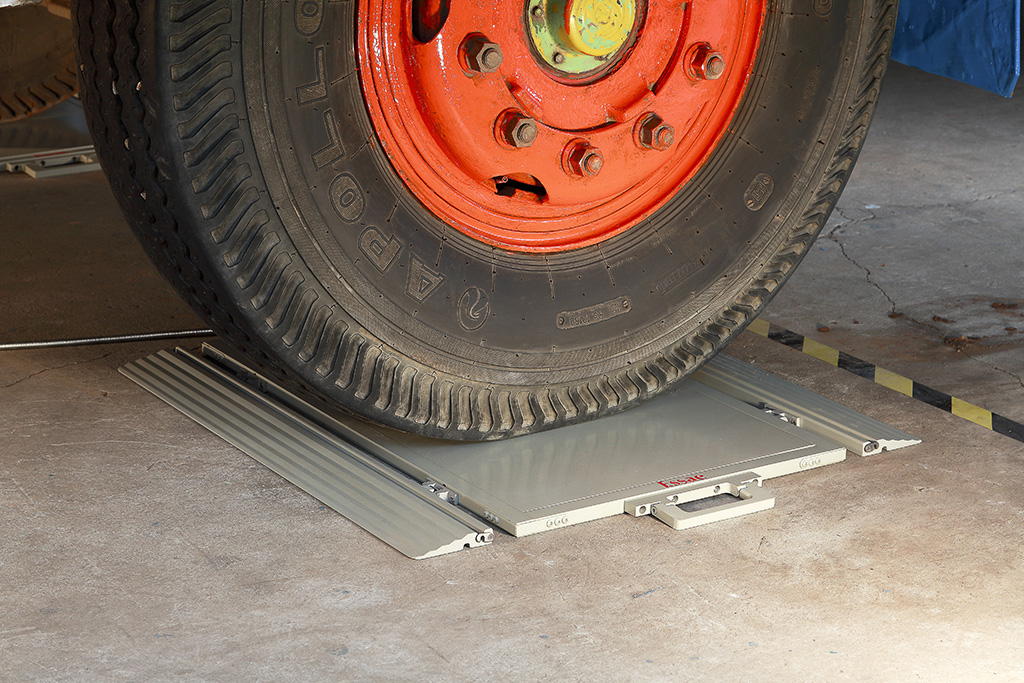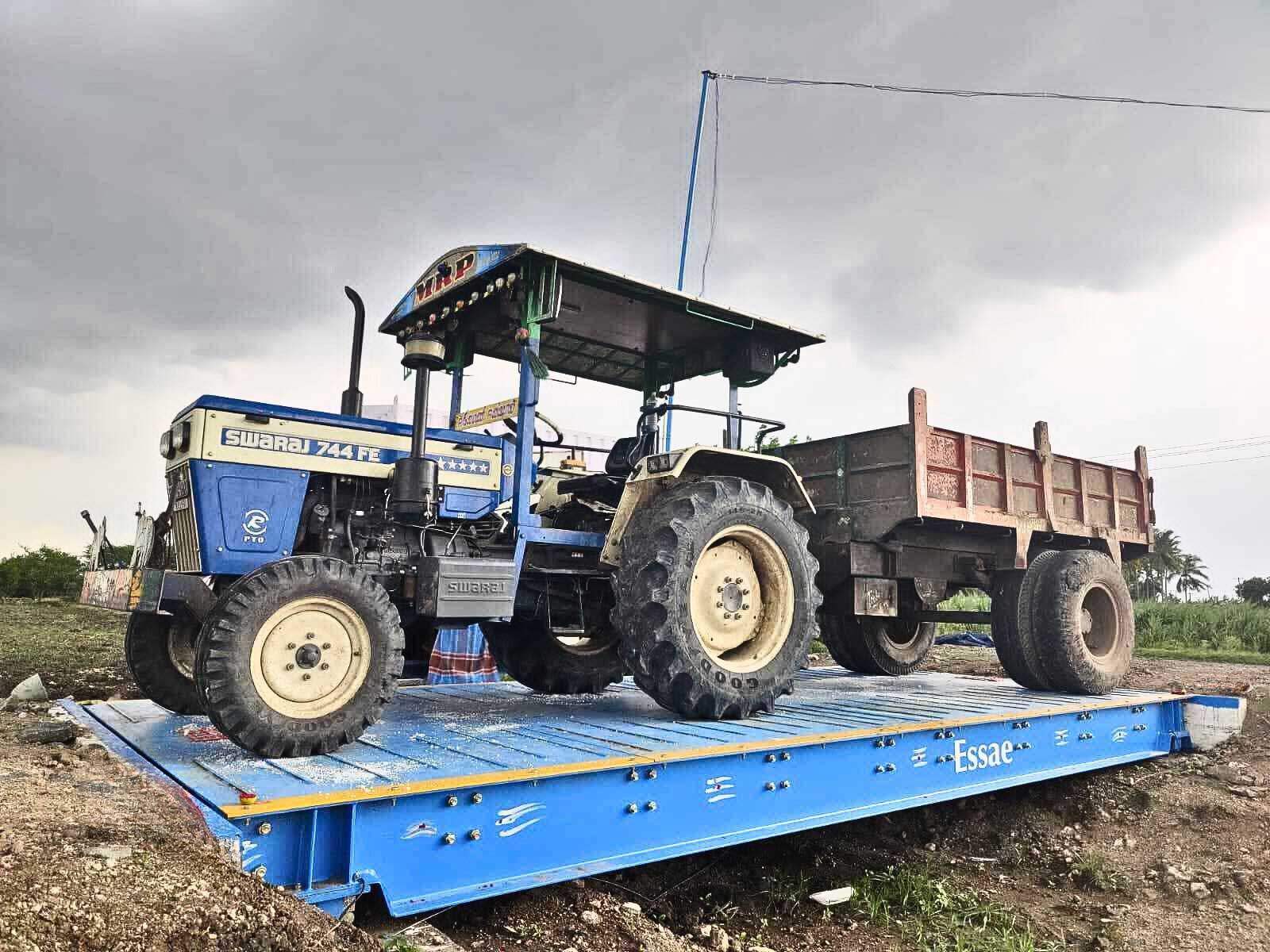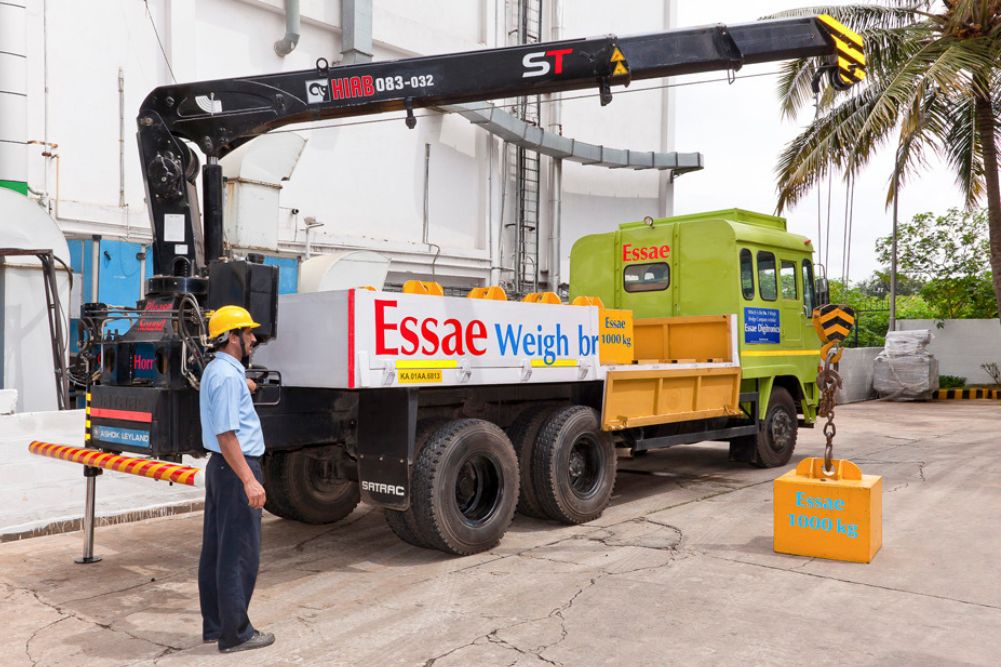
Accuracy in Bagging for Food and Agriculture Industries

In the food and agriculture sectors, bagging refers to the method of putting materials into bags during production with the help of semi-automatic bag fillers.
Precise bagging system plays a crucial role in these industries.
Customer Contentment: Exactness ensures bags contain the right produce or ingredients. Underfilling or overfilling may lead to loss of customer satisfaction and compliance issues. Precise measurements help ensure consistency of taste, nutritional value, and texture in the food industry.
Safety Risk: Overfilled bags pose a safer risk, while underfilled bags affect the nutrient content or quantity of ingredients, which may cause harm to consumers.
Avoid Penalties and Fines: Failure to adhere to weight, labeling, and nutritional value regulations could attract fines and penalties that cause financial loss to the enterprise.
Worker safety: Overfilling bags can compromise worker safety during handling and transporting goods.
Techniques and Processes
The use of advanced bagging techniques ensures accuracy in the weighing of food and agricultural products. Feeding: In the initial stages, the bags may be filled faster to reach the target weight. Thereafter, the process slows down to a ‘dribble’ to ensure accuracy in weighing.
Load Cells: A platform with digital load cells holds the packaging bag to weigh it . The bag filler machine fills the bag to the desired level based on data from the load cells. These machines use smart controllers to analyze data and fill the bag . Sensors give ongoing feedback, which helps to adjust filling speed, open valves, and carry out other steps to achieve precise weight.
Packing and Sealing: Bag fillers use different methods to control material flow when filling bags. Screw feeds work well for powders and granules, while vibratory feeders suit delicate products that might break during packaging. The sealing process involves injecting inert gas to remove oxygen from the bag. This aids in the accuracy of weight. It also reduces material spoilage. This results from chemical reactions and biological processes.
Regular Calibration: Load cells must be calibrated regularly. This ensures the accuracy of the weighing. Preventive maintenance of bagging machines ensures the accuracy and reliability of weighing.
Bagging accuracy is crucial for the food and agriculture sectors, ensuring product quality, operational efficiency, and customer satisfaction. Accurate measurements reduce waste, improve the optimization of resources, and ensure consistency, resulting in substantial cost savings and service improvement.
Essae Digitronics provides innovative weighing solutions adapted to industry demands, ensuring the highest level of dependability and precision. This precision-focused strategy improves corporate processes and product quality.
Find out how Essae Digitronics can help you with bagging accuracy. Visit now www.essaedig.com and talk to our expert.







